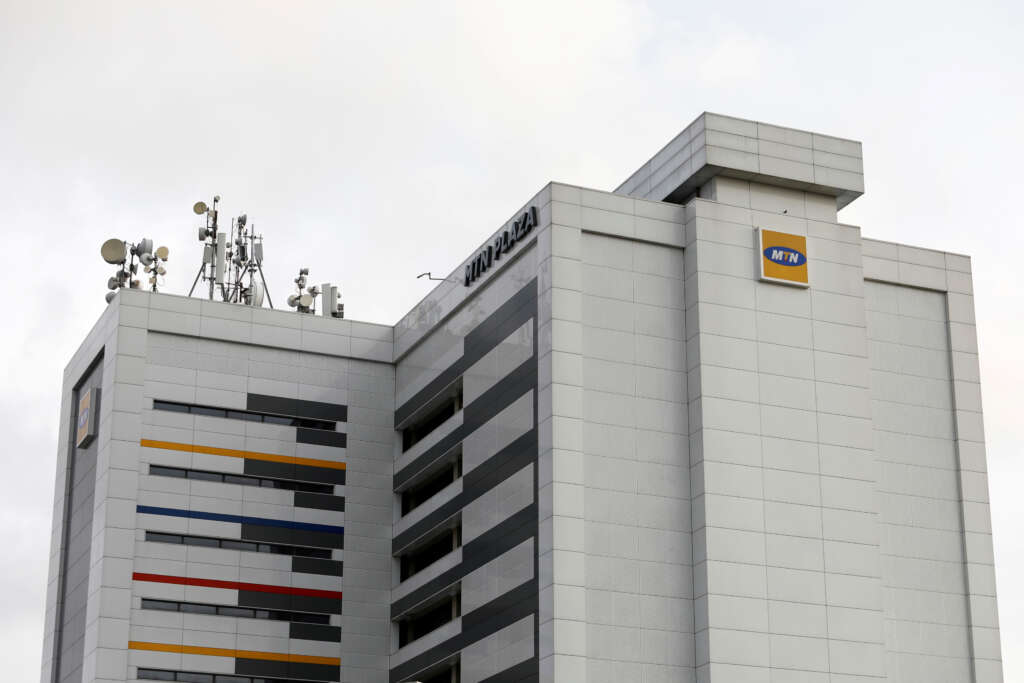MTN Nigeria, the country’s largest telecommunications operator, has successfully renewed its lease agreements with IHS Towers, resolving a two-year negotiation that had raised concerns about the future of the telco’s infrastructure. This agreement is a critical development for both companies, with significant implications for Nigeria’s telecommunications landscape.
Background and the New Agreement
The new lease agreements extend the partnership between MTN Nigeria and IHS Towers until December 31, 2032. This renewal covers approximately 13,500 tower sites across the country. Notably, the deal includes new financial terms designed to stabilize revenue amid Nigeria’s economic volatility. These terms involve a mix of dollar-denominated payments linked to U.S. inflation, naira-denominated payments tied to Nigerian inflation, and a diesel-linked component to hedge against fluctuations in fuel prices and currency exchange rates.
MTN Nigeria had previously announced its intention to diversify its tower management by introducing American Tower Corporation (ATC) into its operations. Under this arrangement, ATC is set to manage 2,100 tower sites, while IHS Towers will continue to manage 1,400 sites, including 1,000 new sites that MTN plans to roll out in the coming years. The new leases with both IHS and ATC became effective on April 1, 2024, and are set to run concurrently until the end of 2032.
Strategic Implications for MTN and IHS Towers

For IHS Towers, the renewal is a significant win, particularly because it accounts for a substantial portion of the company’s revenue, with 63% of its income generated from its operations in Nigeria. IHS, which operates over 16,000 towers in the country, has had to navigate a competitive landscape as MTN Nigeria seeks to optimize its network costs through diversification.
MTN Nigeria’s decision to split its tower operations between IHS and ATC reflects a broader strategy to reduce dependency on a single infrastructure provider, thereby enhancing operational efficiency and cost-effectiveness. This diversification comes at a time when Nigeria’s economic challenges, including inflation and fuel price hikes, are putting pressure on companies to find more sustainable and resilient business models.
The Economic Context and Future Prospects
The inclusion of new financial terms in the lease agreements underscores the companies’ efforts to mitigate the impact of Nigeria’s volatile economic conditions. The dollar component in the payment structure ensures some stability against the backdrop of fluctuating local currency values, while the diesel-linked component addresses the rising costs of fuel, a critical factor given the reliance on diesel generators for powering telecom infrastructure in Nigeria.
The renewed partnership between MTN Nigeria and IHS Towers is expected to strengthen IHS’s position in the Nigerian market, where it competes directly with ATC for tower management contracts. For MTN, the dual agreements with IHS and ATC provide a more diversified and potentially more cost-efficient infrastructure base, which is crucial as the company continues to expand its network and services across Nigeria.
Conclusion
The renewal of the lease agreements between MTN Nigeria and IHS Towers marks a significant milestone in the relationship between the two companies. It reflects a deepened strategic collaboration aimed at navigating the complexities of the Nigerian market while ensuring that both companies remain competitive in the fast-evolving telecommunications sector. As both companies move forward, the success of this partnership will likely serve as a bellwether for future telecom infrastructure deals in the region.
This development highlights the ongoing transformation of Nigeria’s telecom industry, driven by economic realities and the need for innovation in infrastructure management.



